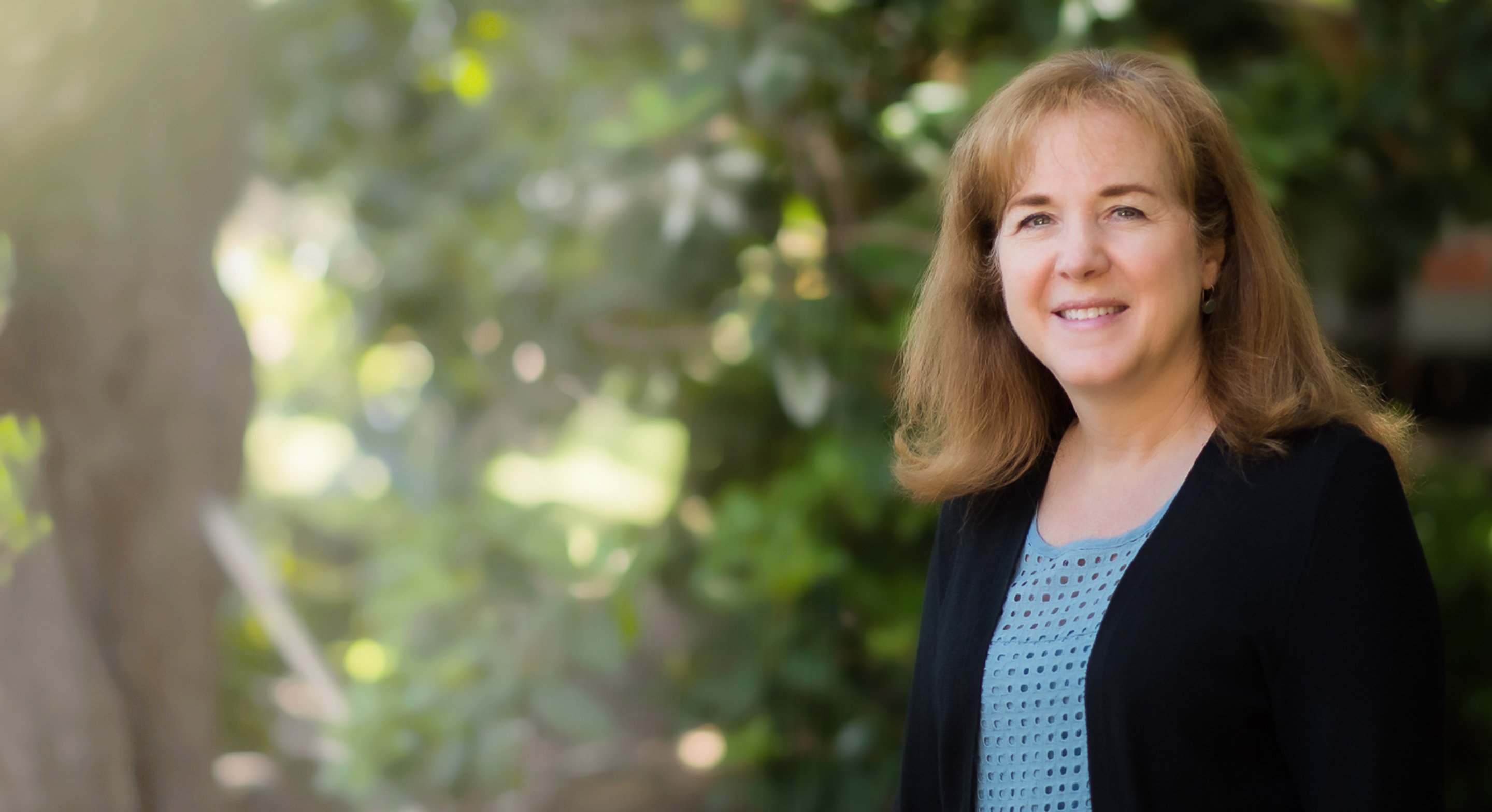Medicine can only heal with a personalized approach. I develop relationships with patients to provide care that leads to meaningful outcomes.
Where I see patients (3)
Selected research
-
The American Society of Pediatric Hematology Oncology workforce, productivity, and fellowship assessment: Current state of the workforce.
Pediatric blood & cancer
-
Intravenous 2-hydroxypropyl-β-cyclodextrin (Trappsol® Cyclo™) demonstrates biological activity and impacts cholesterol metabolism in the central nervous system and peripheral tissues in adult subjects with Niemann-Pick Disease Type C1: Results of a phase 1 trial.
Molecular genetics and metabolism
-
Oncogenic NTRK fusion in congenital spinal cord glioblastoma: sequencing directs treatment.
Lancet (London, England)
Clinical trials
DFMO as Maintenance Therapy for Molecular High/Very High Risk and Relapsed Medulloblastoma
o To evaluate the efficacy of difluoromethylornithine (DFMO) as a single agent in preventing relapse in patients with molecular high risk and very high risk medulloblastoma, and relapsed/refractory medulloblastoma based upon the 2...
Recruiting
More about this studyA Study to Evaluate the Safety and Efficacy of Oral Nizubaglustat (AZ-3102) in Late-infantile a...
Recruiting
More about this studyA Study to Evaluate the Safety and Efficacy of Oral Nizubaglustat (AZ-3102) in Late-infantile a...
Total SARA comprises eight categories with a cumulative score ranging from 0 (no ataxia) to 40 (most severe ataxia)
Recruiting
More about this studyA Study to Evaluate the Safety and Efficacy of Oral Nizubaglustat (AZ-3102) in Late-infantile a...
Total SARA comprises eight categories with a cumulative score ranging from 0 (no ataxia) to 40 (most severe ataxia)
Recruiting
More about this studyA Study of the Drug Selinexor With Radiation Therapy in Patients With Newly-Diagnosed Diffuse I...
Defined as the highest dose of selinexor in combination with standard of care radiation therapy (RT) that does not cause unacceptable side effects.
Recruiting
More about this studyContact me
Stress-free visits
Accommodations. Admissions. Procedure prep. Get the info you need for smoother hospital stays.
Prepare for your child's stay





























